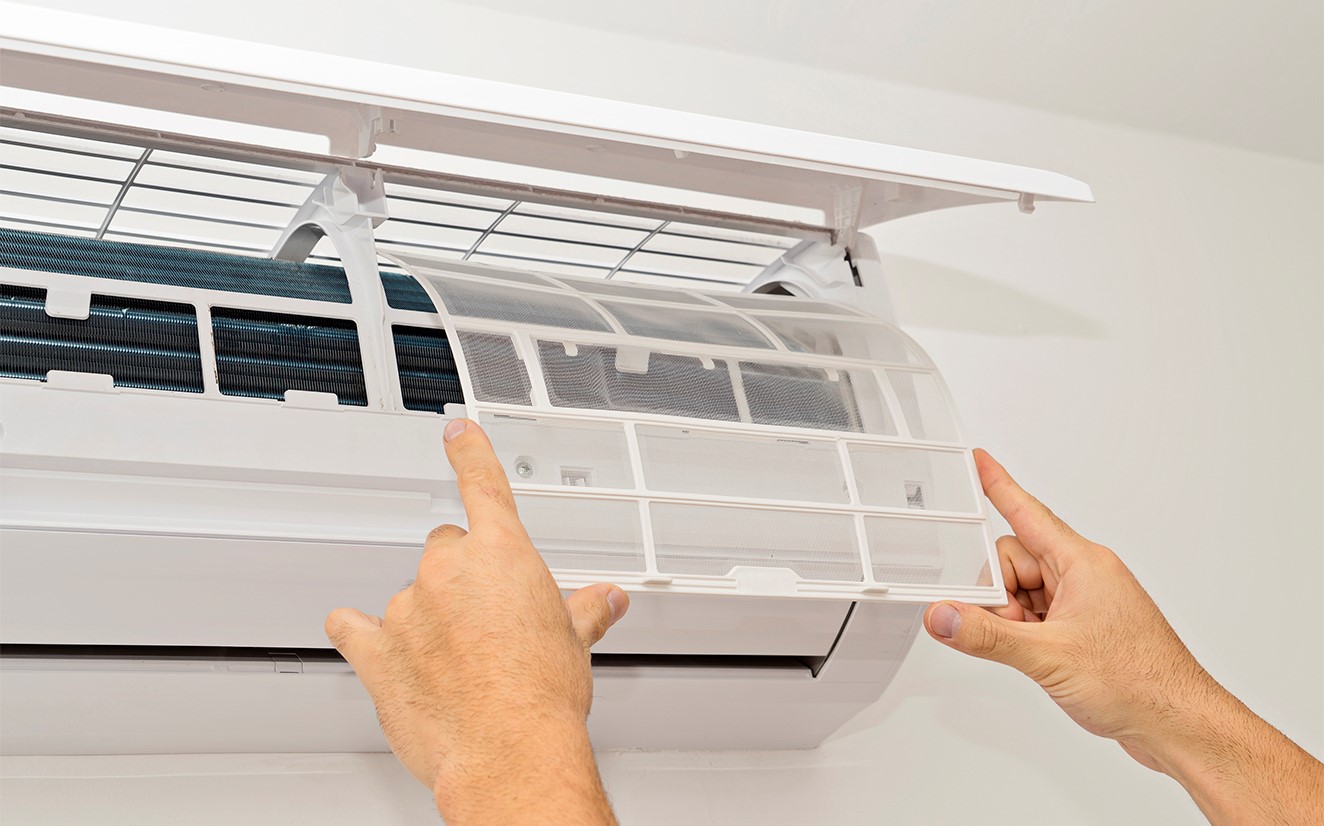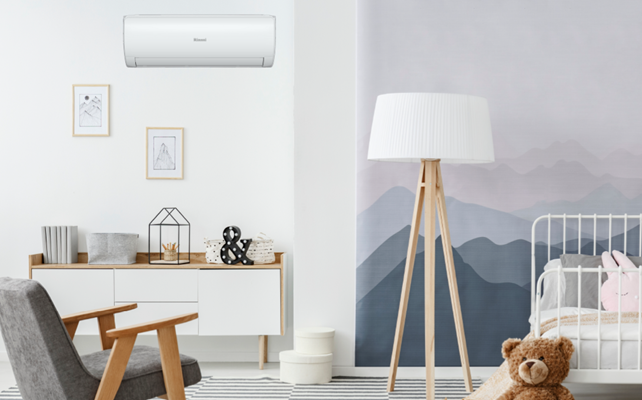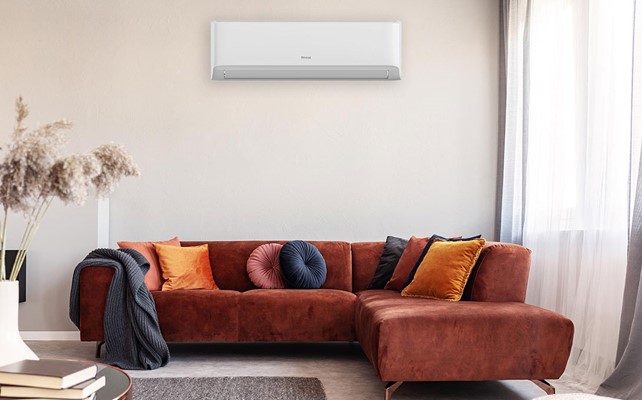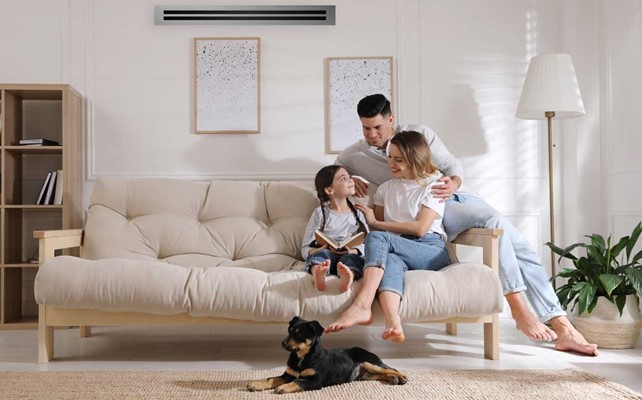All the latest news and views from Rinnai

A heat pump air conditioner is a great energy-efficient solution for heating and cooling your home. However, a lack of proper maintenance and regular servicing could significantly affect the efficiency and performance of your system. It may also cause problems later down the track and reduce your heat pump’s lifespan.
If you don't clean your heat pump the build-up of dust and debris can clog the air filters of your heat pump and restrict air flow. Cleaning your filters regularly will ensure that your heat pump operates at greatest efficiency and reduces unnecessary energy consumption.
The filters also restrict pollen, dust and detritus from outside being blown into the home, and they can also become damp and mouldy, so it is essential to both clean and have your heat pump serviced regularly.
As a rule of thumb, you should clean your heat pump’s filters every season (every 3 to 4 months).
Luckily a heat pump doesn’t require much looking after, it is a very easy process and something you can do yourself - but there are a few tasks required in order to keep it running at maximum efficiency.
It's almost free to clean a heat pump.
All the equipment you need to clean the filters and air grilles of your indoor unit are a small brush or a vacuum cleaner with a brush attachment and a soft dry cloth so if you have these things laying around your home, there will be no other costs involved.
There are plenty of self-cleaning tasks you can perform on your Heat Pump that will get you great results, but to really make sure everything is working right you need to bring in the Pros.
A full heat pump service by a professional HVAC company costs between $150 - $300.
Heat Pump servicing is often overlooked as an integral part of maintaining the longevity and efficiency of a Heat Pump System. But you need to look at Heat Pump servicing like you would servicing your car – it keeps it performing well and increases the life of your investment.
Heat Pumps are all about efficiency, and by maintaining efficiency, regular servicing will keep running costs low and help it perform at its best throughout its full life cycle.
The key to Heat Pump longevity is to have them serviced before you actually need to. Waiting for an issue to arise is both costly and inconvenient. A ‘pre-winter’ service of your Heat Pump each year will address any issues before those first arctic blasts of a true NZ winter hit.
Yes, you can clean a heat pump yourself. Here is a step-by-step guide on how to clean your heat pump:
As a rule of thumb, you should be cleaning your Heat Pump’s filters every season (every 3 to 4 months). Over time the build-up of dust and debris can clog the air filters and restrict air flow. Cleaning your filters regularly will ensure that your Heat Pump operates at optimum efficiency and reduces unnecessary energy consumption.
Removing and cleaning your filters is a relatively easy task that you can do without the help of a technician.
Dust also accumulates on the grilles of your indoor unit. Gently vacuum along the grooves or gently wipe with a damp cloth for efficient air flow.
Did you know that cleaning the outdoor unit of your Heat Pump Air Conditioning System is just as important as cleaning the air filters of your indoor unit?
To keep your unit running at its best make sure to keep the outdoor unit clear of organic matter such as leaves, weeds and debris.
Then isolate the outdoor unit from electrical supply before cleaning down the outdoor unit (even if you have turned off the indoor unit). You will find this switch next to the outdoor unit.
Wash the unit down using very low pressured water from a garden hose.
The tips above will help keep your unit working effectively and efficiently. But they don’t replace the need to have your system professionally serviced by an accredited Heat Pump Air Conditioning technician.
A professional service will ensure your system will run smoothly and efficiently, delivering comfort to your home while extending the life of your investment.




